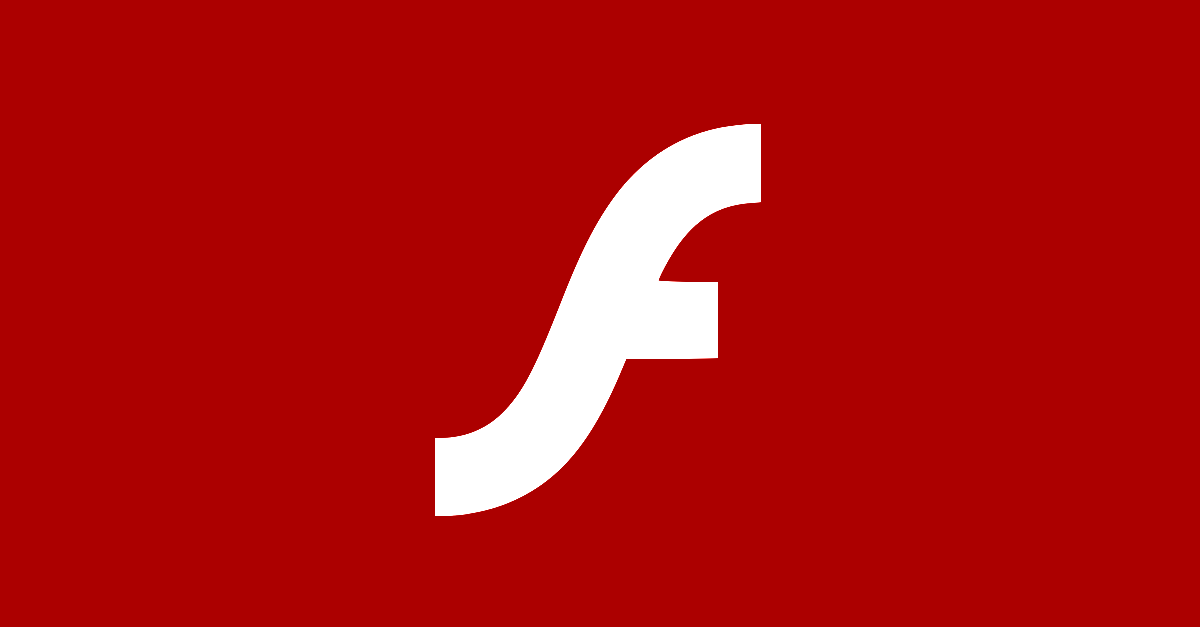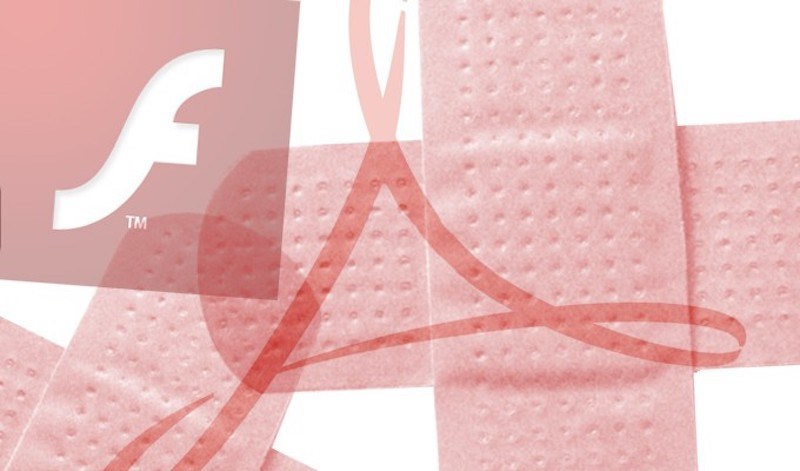Security News

Worse still, Flash bugs seemed to show up very frequently as zero-days, the jargon term for exploitable security holes that are found by attackers before a patch is available, thus leaving even the most disciplined and swift-acting system administrators with zero days during which they could have been ahead of the crooks. If anything showed that Adobe's heart hasn't really been in Flash for many years, it was the story of how Apple banned Flash from the iPhone in 2010.

Microsoft has released the KB4577586 update to remove Adobe Flash from Windows and prevents it from being installed again. In September 2020, Microsoft announced that an optional update would be released in the fall to uninstall Adobe Flash Player and prevent it from being installed again on the same device.

Innodisk and ASUS announced a new strategic partnership between the two companies. As part of the partnership, ASUS is equipping its ASUS PE200U and PE200S edge computers with Innodisk's next-generation flash storage, the out-of-band management-enabled Innodisk InnoAGE SSD. This solution allows customers to roll out more reliable and secure edge devices and IoT infrastructure than ever before.

The flaw stems from a NULL Pointer Dereference error and plagues the Windows, macOS, Linux and ChromeOS versions of Adobe Flash Player. Adobe is warning of a critical vulnerability in its Flash Player application for users on Windows, macOS, Linux and ChromeOS operating systems.

Adobe has patched a critical arbitrary code execution vulnerability in Flash Player. "Successful exploitation could lead to an exploitable crash, potentially resulting in arbitrary code execution in the context of the current user," Adobe explained in its advisory.

Adobe has released a security update for a critical remote code execution vulnerability in Adobe Flash Player that could be exploited by simply visiting a website. Adobe Flash has long been a source of security vulnerabilities that allow attackers to install malware, execute commands, and takeover of computers when visiting malicious websites.

Kingston Digital announces the availability of the 128GB DataTraveler 2000 encrypted USB flash drive. DataTraveler 2000 features an alphanumeric keypad that allows users to lock the drive with a word or number combination for an easy-to-use PIN, providing an extra layer of protection.

The end of Adobe Flash Player is nigh: Microsoft has reaffirmed its phase-out plan for one of the internet's most successful - yet technically troubled - media players, and outlined support options for Flash-reliant businesses. "The decision to end support for Flash Player was made by Adobe due to the diminished usage of the technology and the availability of better, more secure options such as HTML5, WebGL, and WebAssembly," Microsoft said.

Cohesity announced major software advancements to Cohesity DataPlatform that bring modern data management capabilities to powerful all-flash solutions from key alliance partners Cisco and HPE. Cohesity DataPlatform now includes new I/O Boost technology that drives even greater data consolidation, lowers total cost of ownership, and delivers incredibly fast performance for backing up, accessing, and deriving insights from data in all-flash environments. Greater choice: Customers have the flexibility of choosing certified all-flash enterprise servers that suit their business needs, specifically Cisco UCS C220 M5, HPE ProLiant DL360 G10, Dell PowerEdge R640, and Intel Server System R1208WF. "The Cohesity DataPlatform with I/O Boost makes flash even more affordable, while meeting increasingly demanding SLAs for backup, recovery, file and object services, and data insights," said Matt Waxman, vice president of product management, Cohesity.

Kingston Digital, the flash memory affiliate of Kingston Technology Company, announced the addition of 128GB capacity options to three of its encrypted USB flash drives. The simple inclusion of encrypted USB flash drives into a daily workflow is a simple step to ensuring data is safe.